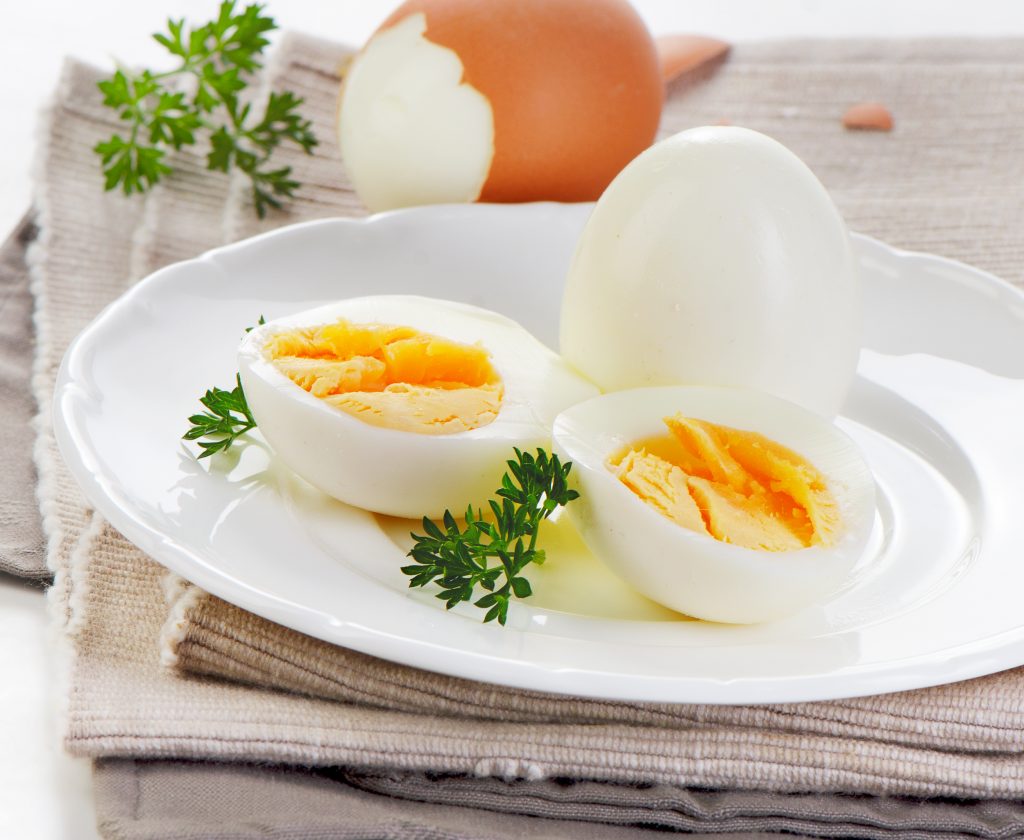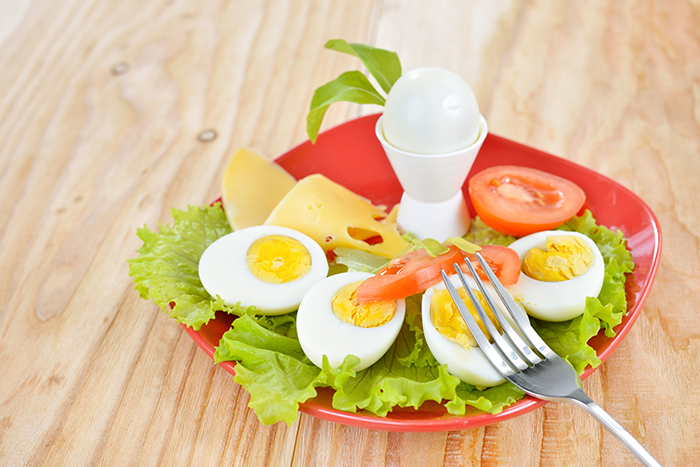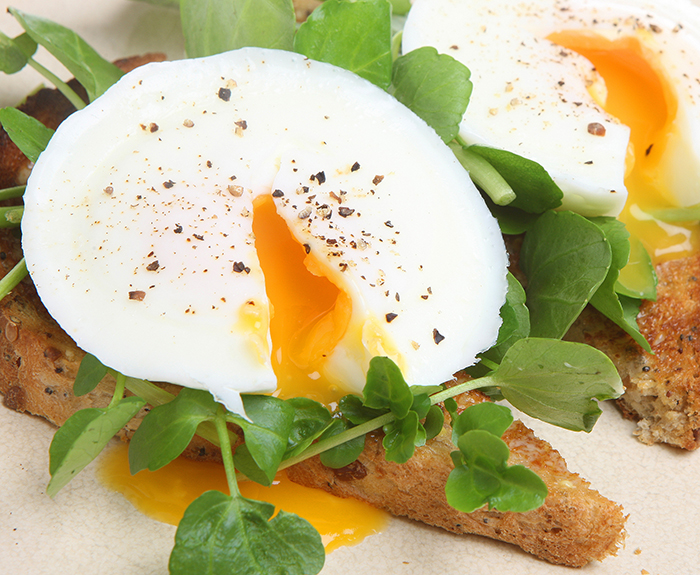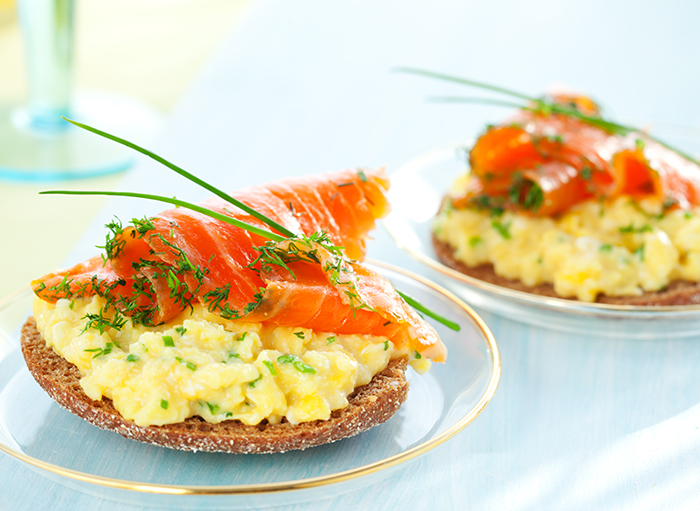Tips to Cook Eggs The Right Way

Eggs; the saviour of many hunger pangs but a challenger of one’s cooking skills, even though they are actually rather easy to prepare. Whether you are adding it to your breakfast or using it to make something for your growling belly because you realised there are only eggs in the refrigerator, you can always use these tips to ensure they are prepared right.
For Hard and Soft-boiled Eggs

Don’t start with hot water
It is better to fill a pot will just enough cool tap water to cover the eggs. Using hot or boiled water will increase the chances of accidentally cracking the shell of a cold egg that has just exited the refrigerator.
Don’t overdo it
Once the water starts to boil, turn off the flame and let the eggs remain in the pot for 10 minutes for hard-boiled eggs and about 4 minutes for soft-boiled eggs. This allows you to avoid the greenish colorisation that appears on the eggs.
Give the eggs an ice bath
Once the 10 minutes are up (or 4 minutes for soft-boiled eggs), drop the eggs in an ice bath to stop the cooking process. Once they are cool enough to handle, you can peel of the shell and dig into some well-prepared boiled eggs.
For Poached Eggs

Avoid using old eggs
Using fresh eggs allows the whites to stay intact. Otherwise, stray bits of the whites end up separating from the egg while cooking and this will not give you the desired result.
Use the eggs with the vinegar
Contrary to popular suggestions, it is better to crack an egg into a bowl filled with approximately half a coup of vinegar, preferably white. This adds a bit of acidity and allows to set the egg white.
Mind the water temperature
To set the right temperature to the water, bring it to a boil and then set the flame to medium heat. Stir the pot to create a small whirlpool inside and tip the egg and vinegar into the water. Be careful to not break the yolk.
For Scrambled Eggs

Whisk and then scramble
To achieve the right texture, whisk and season cracked eggs in a bowl before you decide to scramble them.
Move them around
Once you have added the eggs to a buttered or oiled pan, keep moving them around with a spatula until you arrive at the right consistency.
Cleaning made easier
Of course, one has to take care of cleaning up the pan after preparing the eggs. It is always suggested to use non-stick pans so that you have an easier time washing them afterwards.

